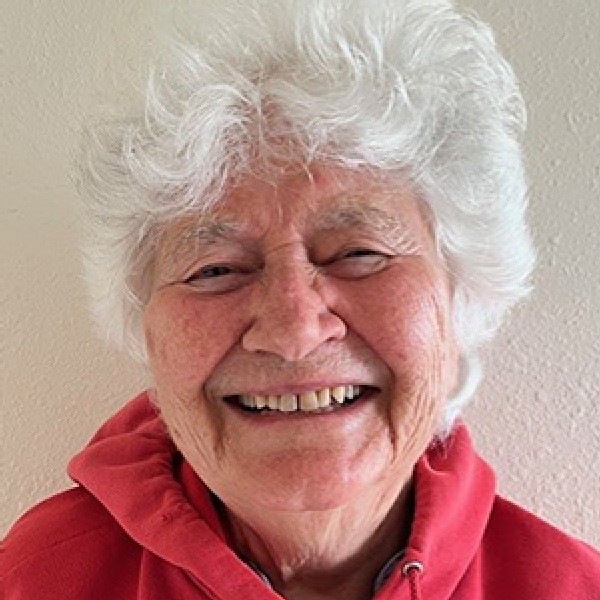
Asian Bodywork Therapy
Pam Ferguson, Dipl. ABT (NCCAOM), AOBTA & GSD-CI, LMT

Pam Ferguson, Dipl. ABT (NCCAOM), AOBTA & GSD-CI, LMT
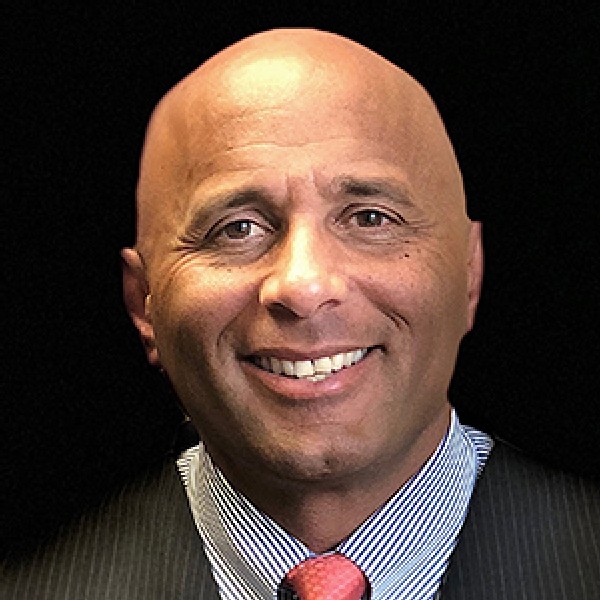
Samuel A. Collins

Kenton Sefcik, RAc, Dipl. Ac., Dipl. TCM
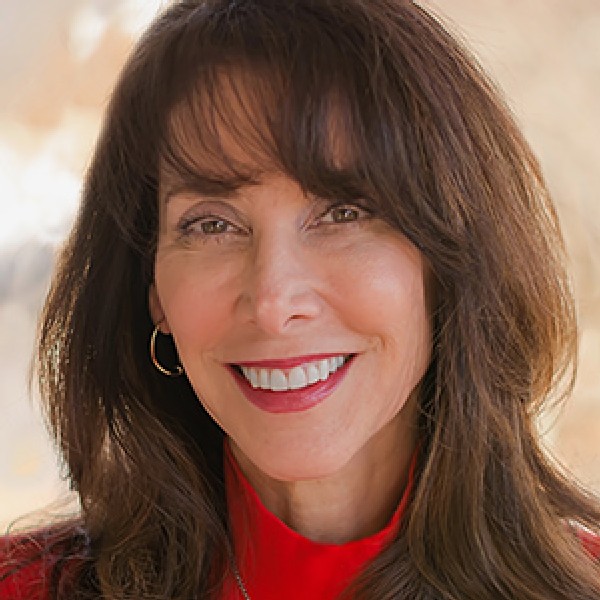
Michelle Gellis, AP, Dipl. Ac.
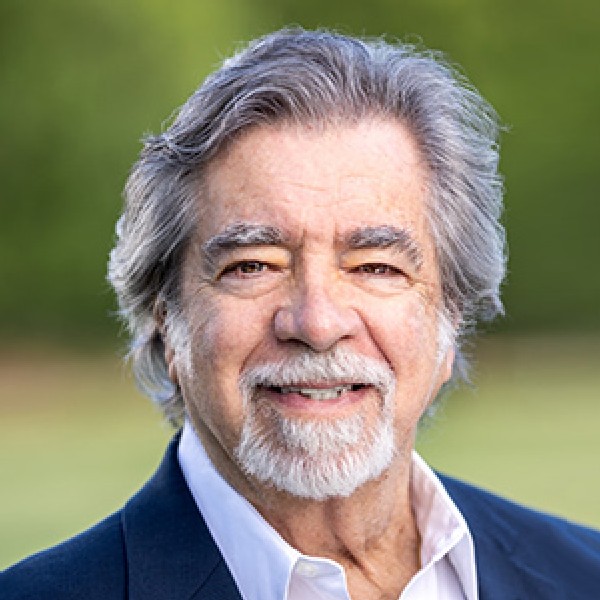
Neil Gumenick, MAc, LAc, Dipl. Ac.


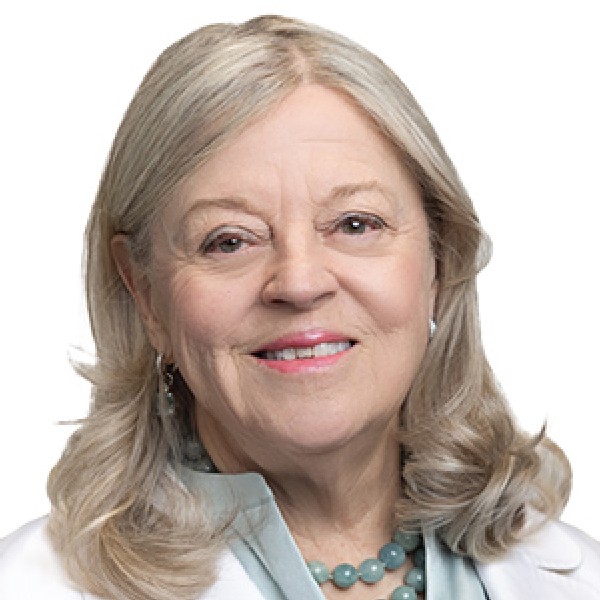
Marilyn Allen, Editor at Large
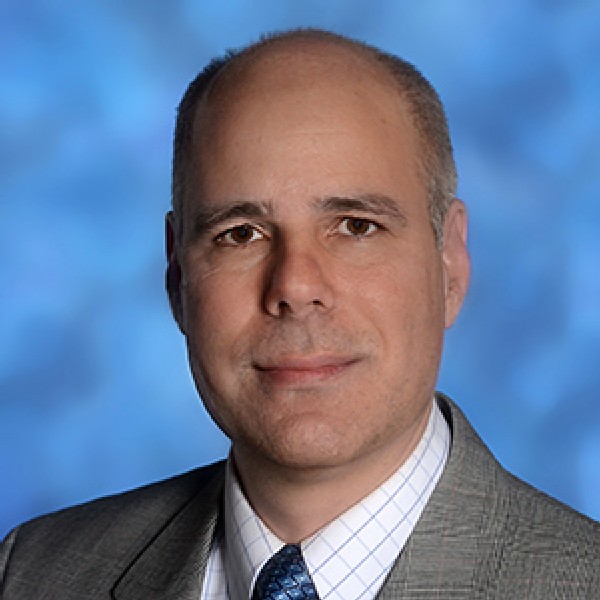
Bill Reddy, LAc, Dipl. Ac.

Dustin Dillberg, DACM, LAc, PAS

Felice Dunas, PhD

Craig Williams, LAc, AHG

Craig Williams, LAc, AHG
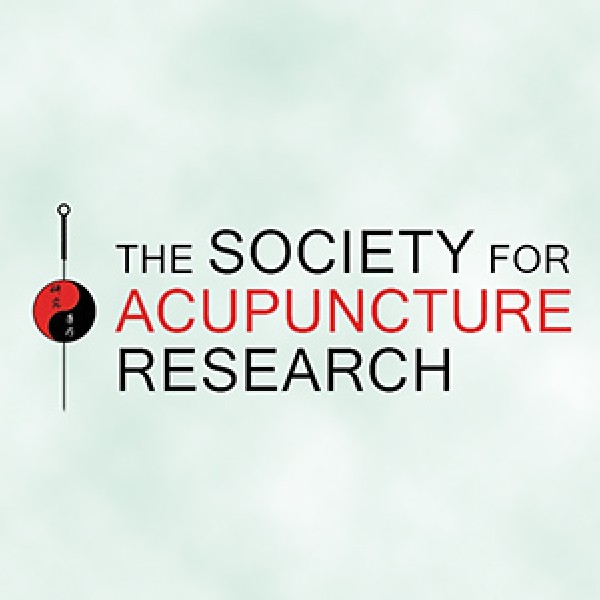
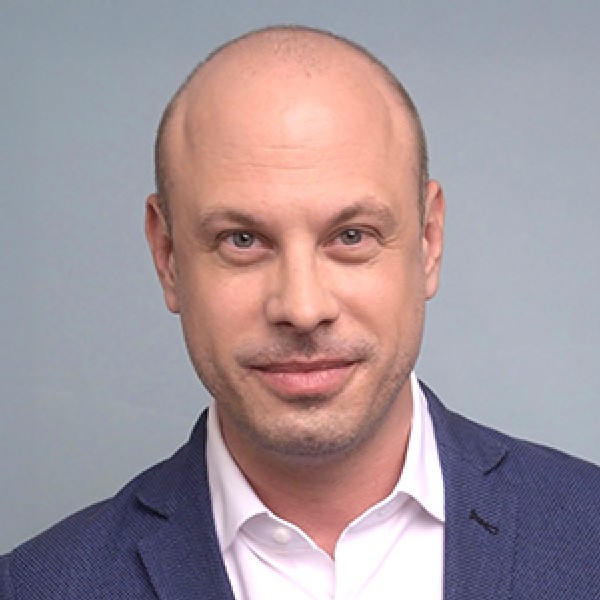
Nicholas Sieben, LAc

Kim Peirano, DACM, LAc
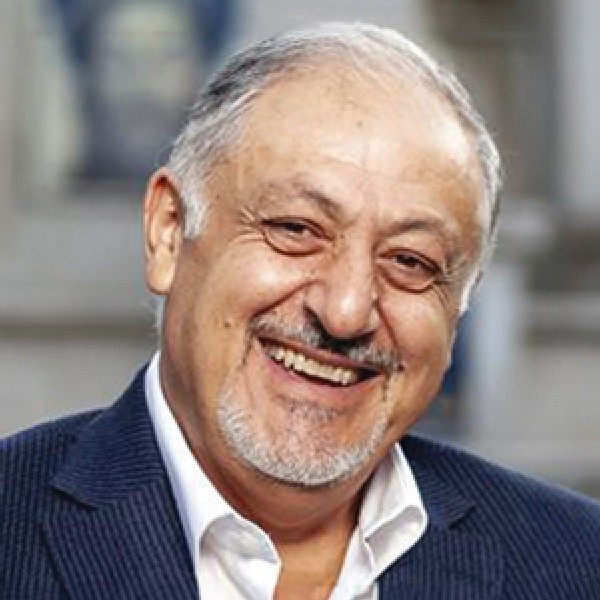
Aram Akopyan, MD, LAc

Nell Smircina, MBA, DAOM, LAc, Dipl. OM
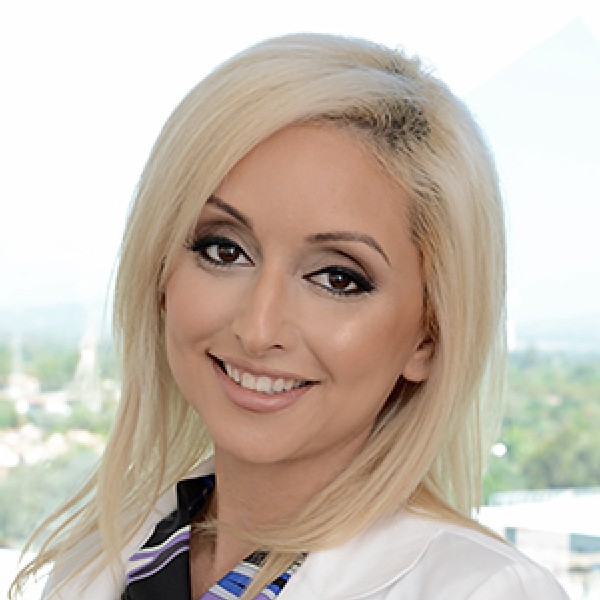
Shabnam Pourhassani, LAc, QME, DACM
The most important relationship I seek to nurture in the treatment room is the one a patient has with their own body. We live in a culture that teaches us to override pain, defer to outside authority, and push through discomfort. Patients often arrive hoping I can “fix” them, but the truth is, we can’t do the work for them. We can offer guidance, insight and support, but healing requires their full participation.
In the U.S alone, approximately one in nine adults (11.1%) report experiencing subjective cognitive decline. A comparable percentage will go on to develop Alzheimer’s disease or other forms of dementia. As researchers and clinicians seek integrative solutions outside of conventional pharmacological approaches, traditional Chinese medicine (TCM) emerges as a promising, multimodal strategy in the prevention and treatment of cognitive decline.
When we are in the grips of an anxious pattern, it dominates our brain and nervous system, and we lose our normal body-mind regulation. In this and subsequent articles, I present effective mindfulness-based method* via case study, that we can add to our acupuncture treatments to help clients consciously stop the dysregulating cascade of events and bring “distressed parts” into coherent body-mind-spirit integration.
| Digital Exclusive